Vitamin D - The Sunshine Vitamin
Vitamin D is essential for strong bones, muscles, and teeth in people of all ages. It enhances muscle function and helps reduce the risks of diseases such as rickets, osteoporosis, as well as falls and fractures. In addition, vitamin D supports a healthy immune system, with low levels being linked to weaker immune responses in scientific research. Natural sources of vitamin D include oily fish (such as salmon, mackerel, trout and herring), red meat, liver, eggs, and fortified foods such as spreads, breakfast cereals, milks, and yogurts, though these alone are insufficient to meet requirements.
Vitamin D is sometimes known as the ‘sunshine vitamin’ as sunlight enables vitamin D production in the skin from April to October. However, from the end of October through to March, UVB rays are too weak in Ireland for this to occur. For this reason, most people in Ireland should take a supplement from Halloween to St. Patrick’s day (see below for specific recommendations for different age groups).
The following are the dietary recommendations for Vitamin D for children, teenagers and adults in Ireland which are considered to minimise risk of deficiency:
• 10 µg for healthy children (aged 5–11 years)
• 15 µg for healthy teenagers and adults (aged 12–65 years, including pregnant women) of all ethnicities.
Supplementation guidelines in Ireland are as follows:
Children (5–11 years):
Fair-skinned: 10 µg/day during winter (end October–March)
Dark-skinned: 10 µg/day year-round
Teenagers and adults (12–65 years):
Fair-skinned: 15 µg/day during winter
Dark-skinned or pregnant: 15 µg/day year-round
Adults aged 65 and older: 15 µg/day year-round (Department of Health recommendation)
Knowing how much vitamin D you need really depends on a few things—your age, your ethnicity, and even how much time you spend outdoors in the summer.
If you’re worried you’re not getting enough, the easiest way to find out is to ask your GP for a simple blood test. This can tell you exactly where your levels are at.
In Ireland especially, our long winters mean sunlight alone won’t cut it. That’s why it’s a good idea to:
Take a low-dose vitamin D supplement that matches your needs
Include vitamin D–rich foods like oily fish, eggs, red meat, or fortified cereals and dairy products in your diet regularly
Think of it as topping up your tank—food and supplements together keep your vitamin D levels steady, no matter what the Irish weather throws at you.
References:
Food Safety Authority of Ireland (FSAI) (2023) Vitamin D: Scientific recommendations for 5-65 year olds living in Ireland.
Irish Universities Nutrition Alliance (IUNA) (2024) National Adult Nutrition Survey II: Summary Report.


